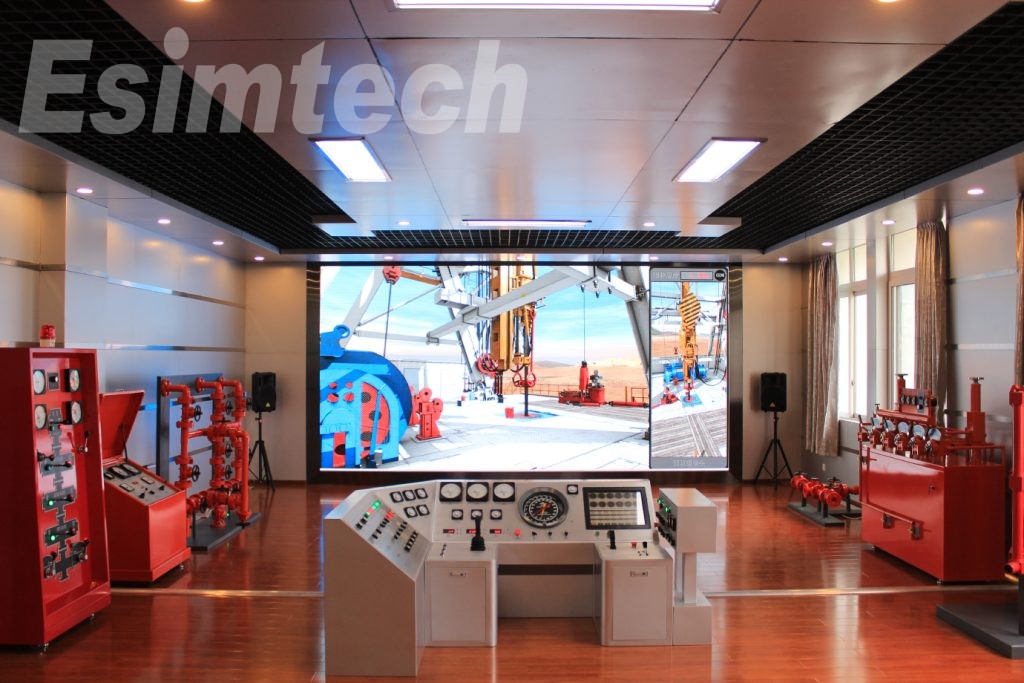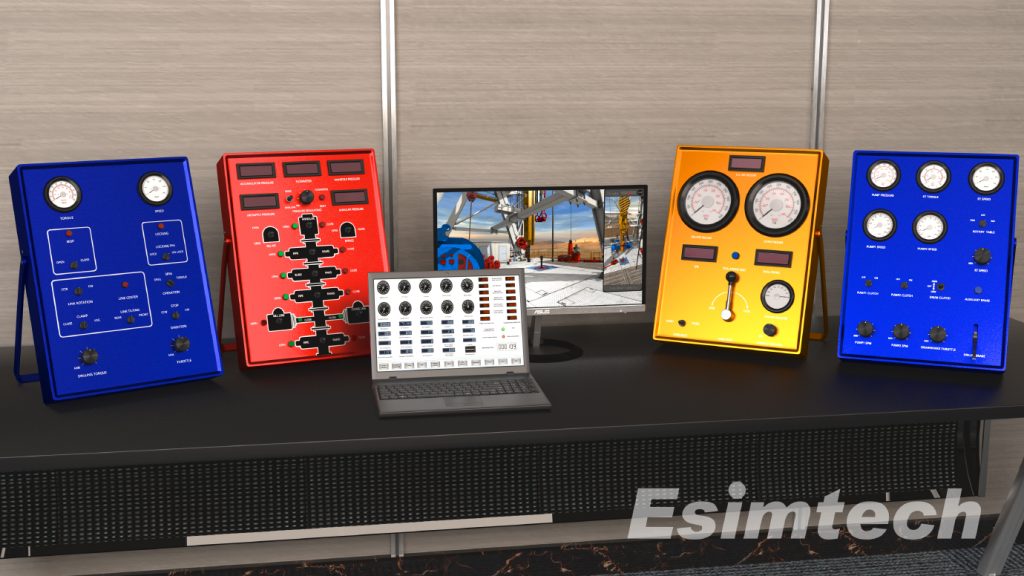Enhancing Well Control Training Through Simulations and Exercises
Well control is a crucial component of oil and gas drilling operations, focusing on the ability to manage and halt the flow of hydrocarbons from a well during an uncontrolled release. Effective well control training is vital for ensuring the safety of personnel, protecting the environment, and avoiding costly accidents.

Traditionally, well control training has relied on classroom instruction and hands-on practice with well control simulators. However, these traditional methods may lack the realism and engagement necessary to fully prepare personnel for real-world scenarios. Modern advancements in simulation technology are changing this, offering more immersive and practical training experiences.
Simulations and Exercises in Well Control Training
Simulations provide a controlled environment where personnel can practice well control techniques and procedures. These simulations replicate various well control scenarios, from minor kicks to severe blowouts, allowing trainees to interact with realistic well control equipment and develop critical decision-making skills.
Well control exercises involve real-world scenarios and equipment, offering a more immersive training experience. Conducted on inactive wells or in dedicated training facilities, these exercises enable trainees to apply their knowledge and skills in a practical setting, better preparing them for actual well control incidents.
Types of Simulations and Exercises
Simulations:
Desktop Simulators:
A cost-effective and accessible option, desktop simulators allow trainees to interact with various well control scenarios via computer screens in a virtual learning environment.
Full-Scale Simulators:
These simulators replicate the physical environment of a drilling rig, complete with well control equipment. Trainees manipulate controls and receive real-time feedback, creating a highly immersive and realistic training experience.
Virtual Reality (VR) Simulators:
VR simulators take well control training to the next level, immersing trainees in a fully virtual 3D environment. This advanced technology provides an even more realistic and engaging learning experience.
Tabletop Exercises:
Involving role-playing and scenario discussion, tabletop exercises are valuable for training crew coordination, communication, and decision-making in well control situations.
Exercises:
Kick Control Exercises:
These focus on the practical application of kick detection, control, and kill procedures. Participants use well control equipment to manipulate valves and controls, practicing the steps necessary to safely manage a kick.
Blowout Control Exercises:
Simulating emergency responses to blowouts, these exercises involve coordinating actions, deploying equipment, and implementing blowout control strategies, familiarizing trainees with the complexities of managing uncontrolled fluid releases.
Lost Circulation Exercises:
Emphasizing the identification and prevention of lost circulation, participants practice techniques such as pumping lost circulation materials, using cement plugs, and employing specialized drilling fluids to regain circulation and maintain well control.
Emerging Technologies in Well Control Training
In addition to traditional methods, newer technologies are enhancing well control training:
Virtual Reality (VR) Simulators: Offer a more immersive experience than traditional simulators, allowing participants to interact with well control scenarios in ways previously impossible.
Augmented Reality (AR) Simulators: Overlay simulated well control information onto the real world, helping participants understand how well control procedures apply to specific wellbore situations.
Benefits of Simulations and Exercises
Using simulations and exercises in well control training offers several key benefits:
Increased Immersion and Engagement: These methods create more immersive and engaging learning experiences, helping trainees better understand and retain well control principles.
Safe and Controlled Practice: Trainees can practice well control procedures in a safe, controlled environment, which is crucial given the dangerous nature of real well control events.
Development of Skills and Knowledge: Simulations and exercises help trainees develop the skills and knowledge needed to effectively respond to well control events, including problem identification, quick decision-making, and appropriate action-taking.
Improved Teamwork and Communication: These training methods also enhance teamwork and communication, essential for coordinating responses during well control events.

Conclusion
Simulations and exercises are vital in preparing oil and gas personnel for well control emergencies. By providing hands-on experience and fostering a strong safety culture, these training methods help prevent well control incidents, safeguarding both the environment and the workforce.
- Art
- Causes
- Crafts
- Dance
- Drinks
- Film
- Fitness
- Food
- الألعاب
- Gardening
- Health
- الرئيسية
- Literature
- Music
- Networking
- أخرى
- Party
- Religion
- Shopping
- Sports
- Theater
- Wellness


